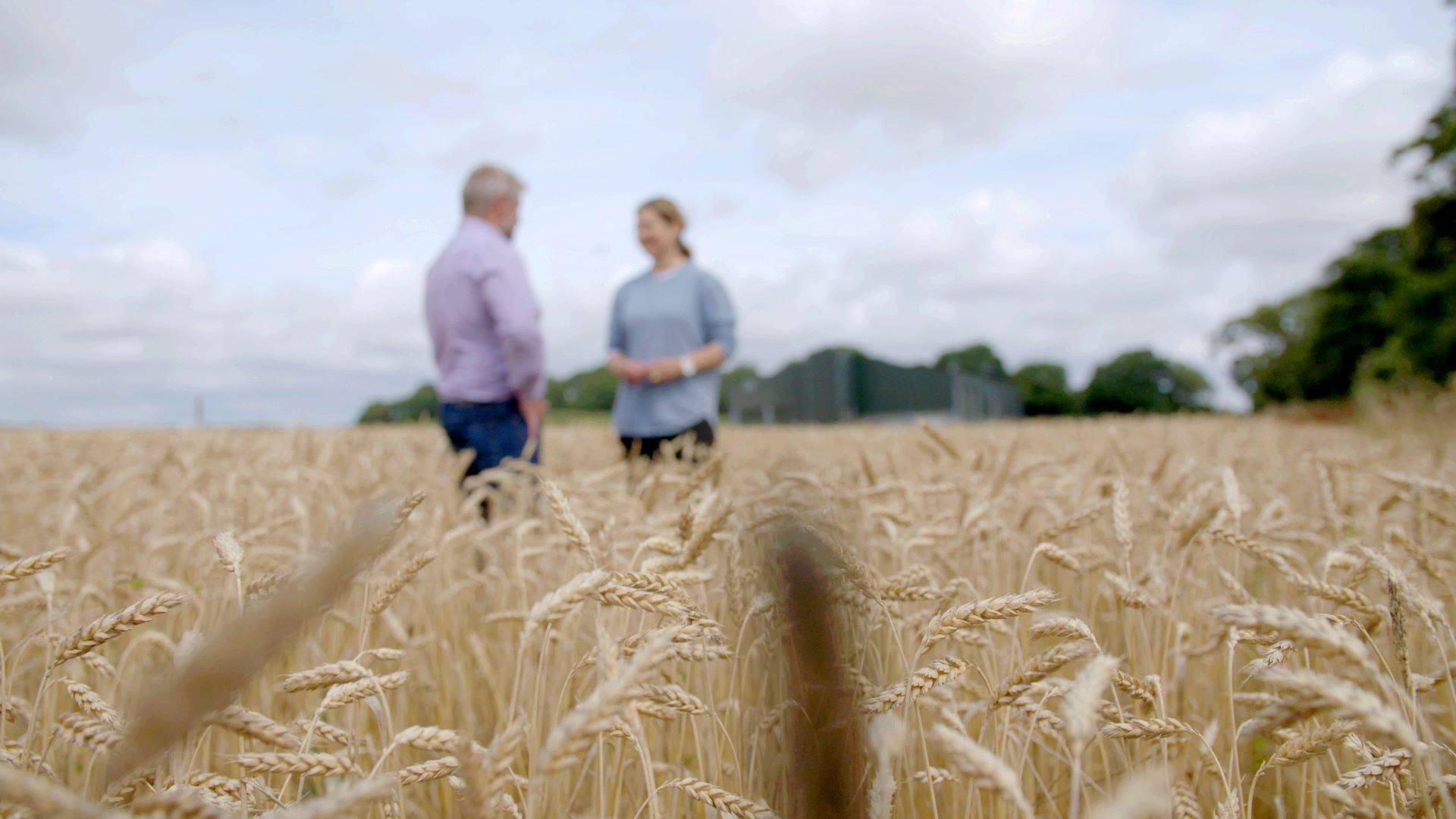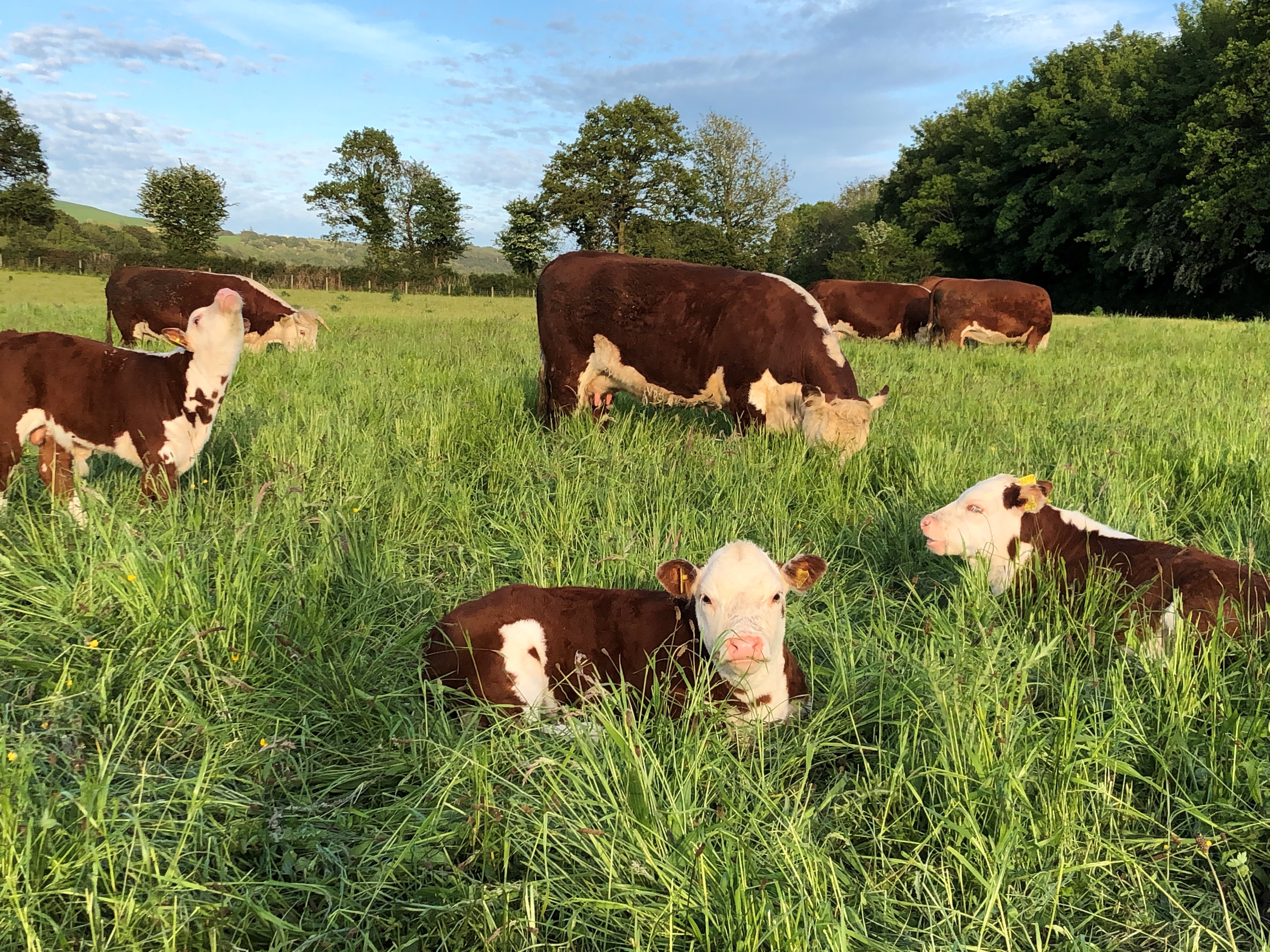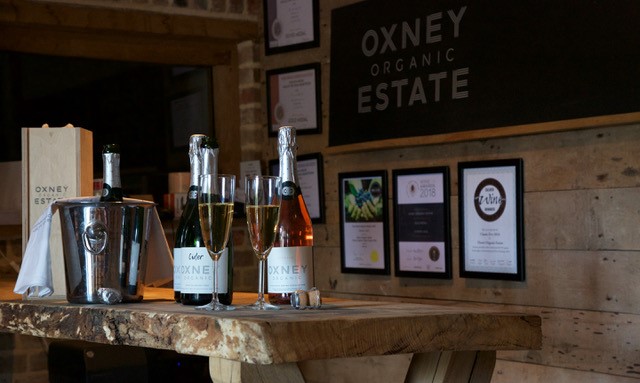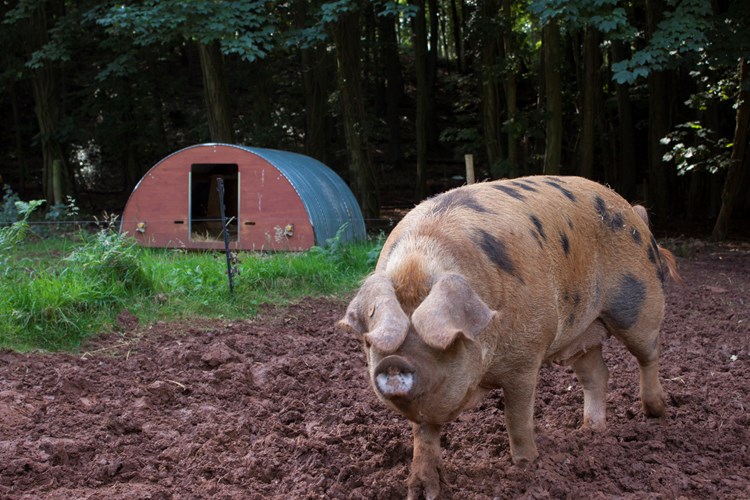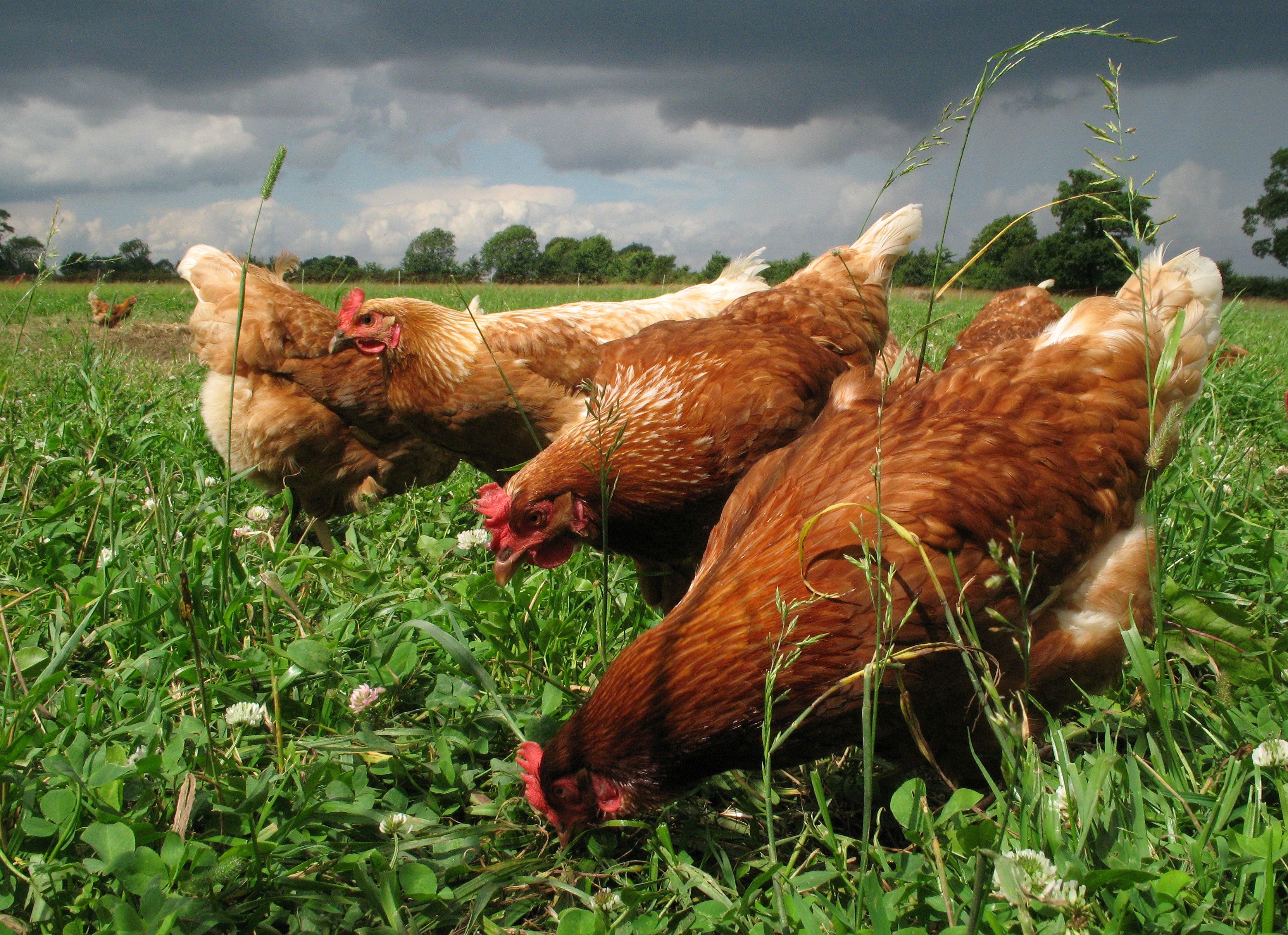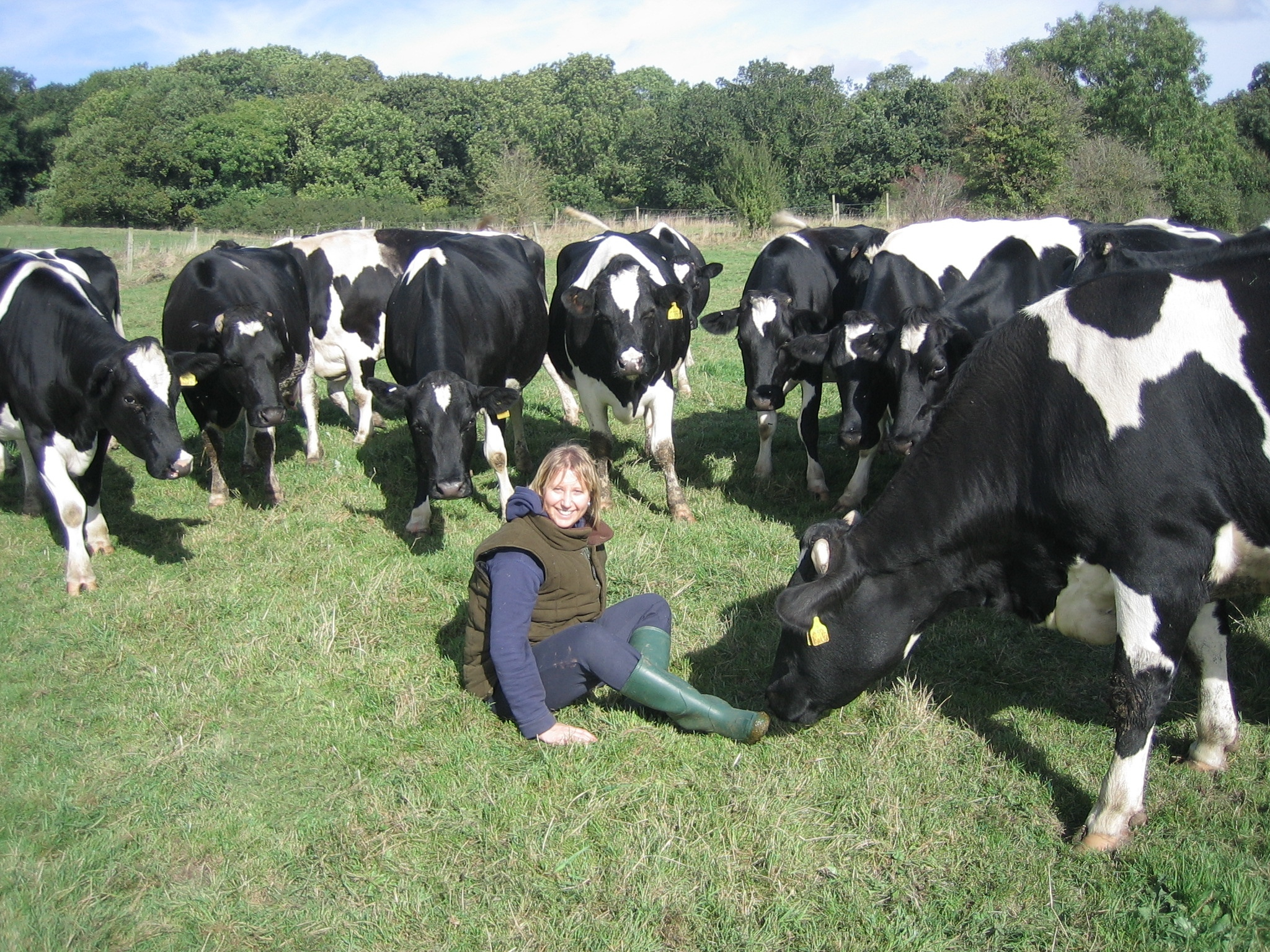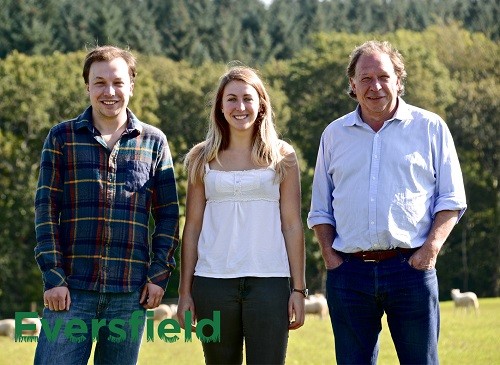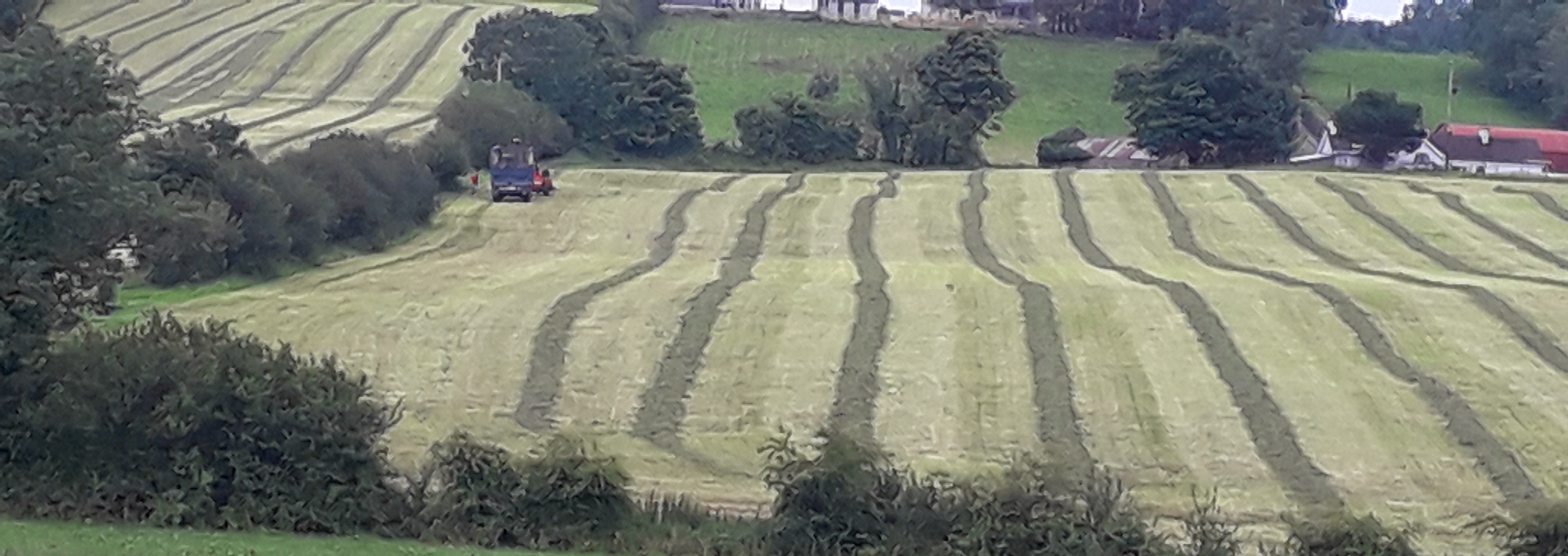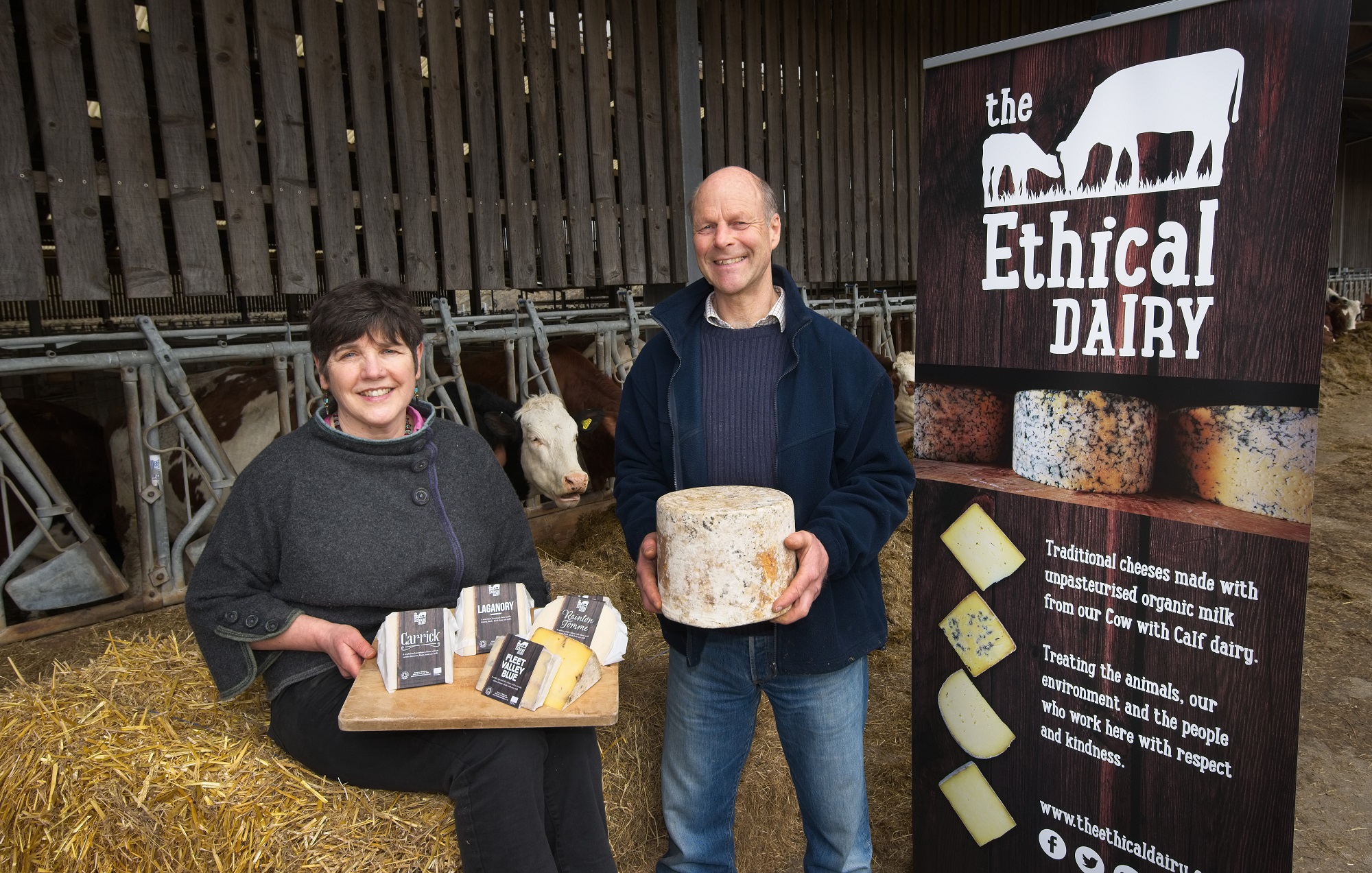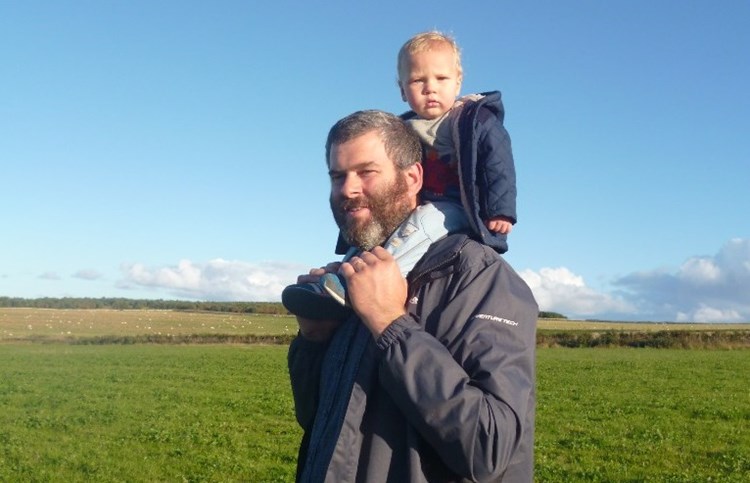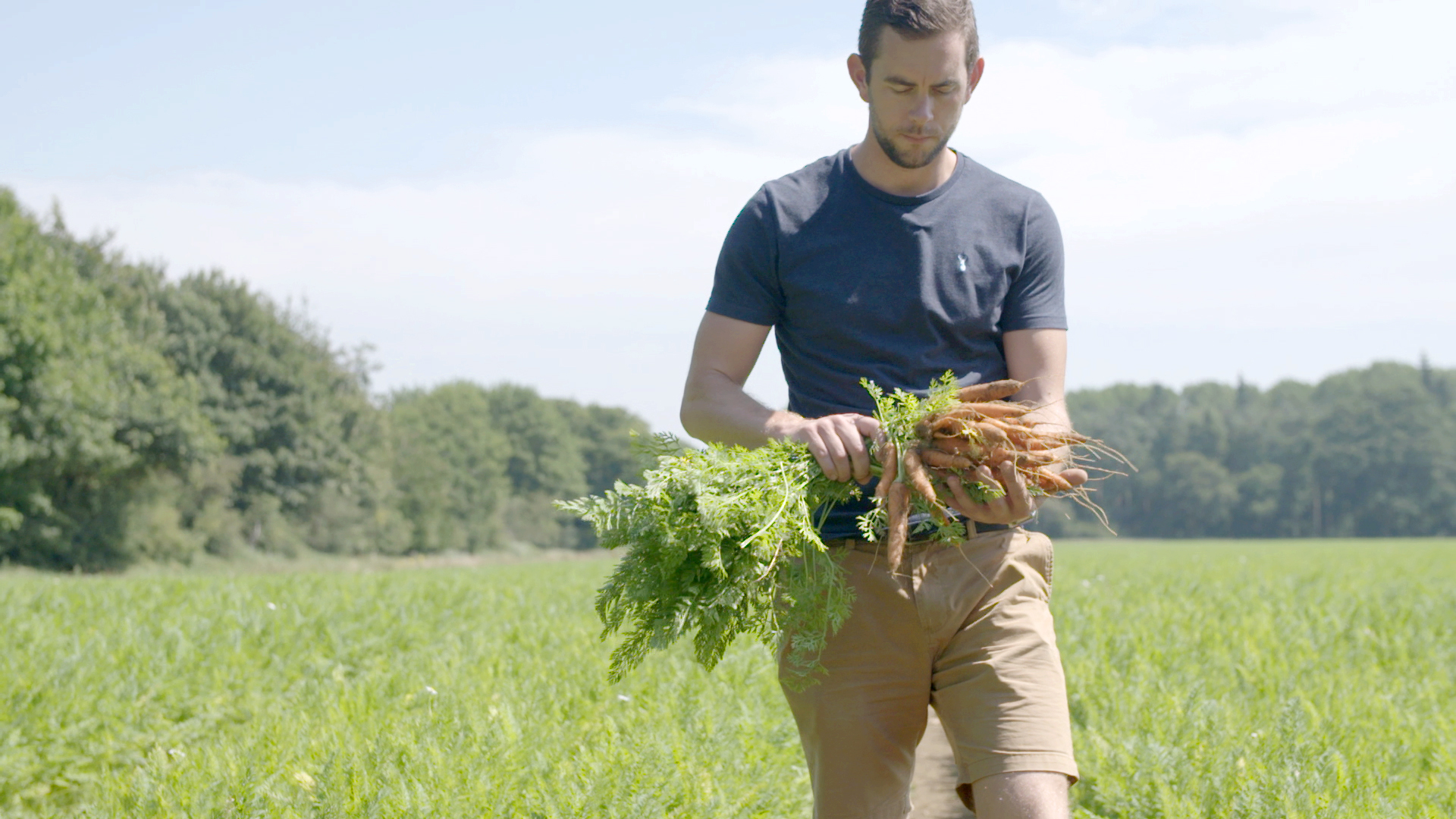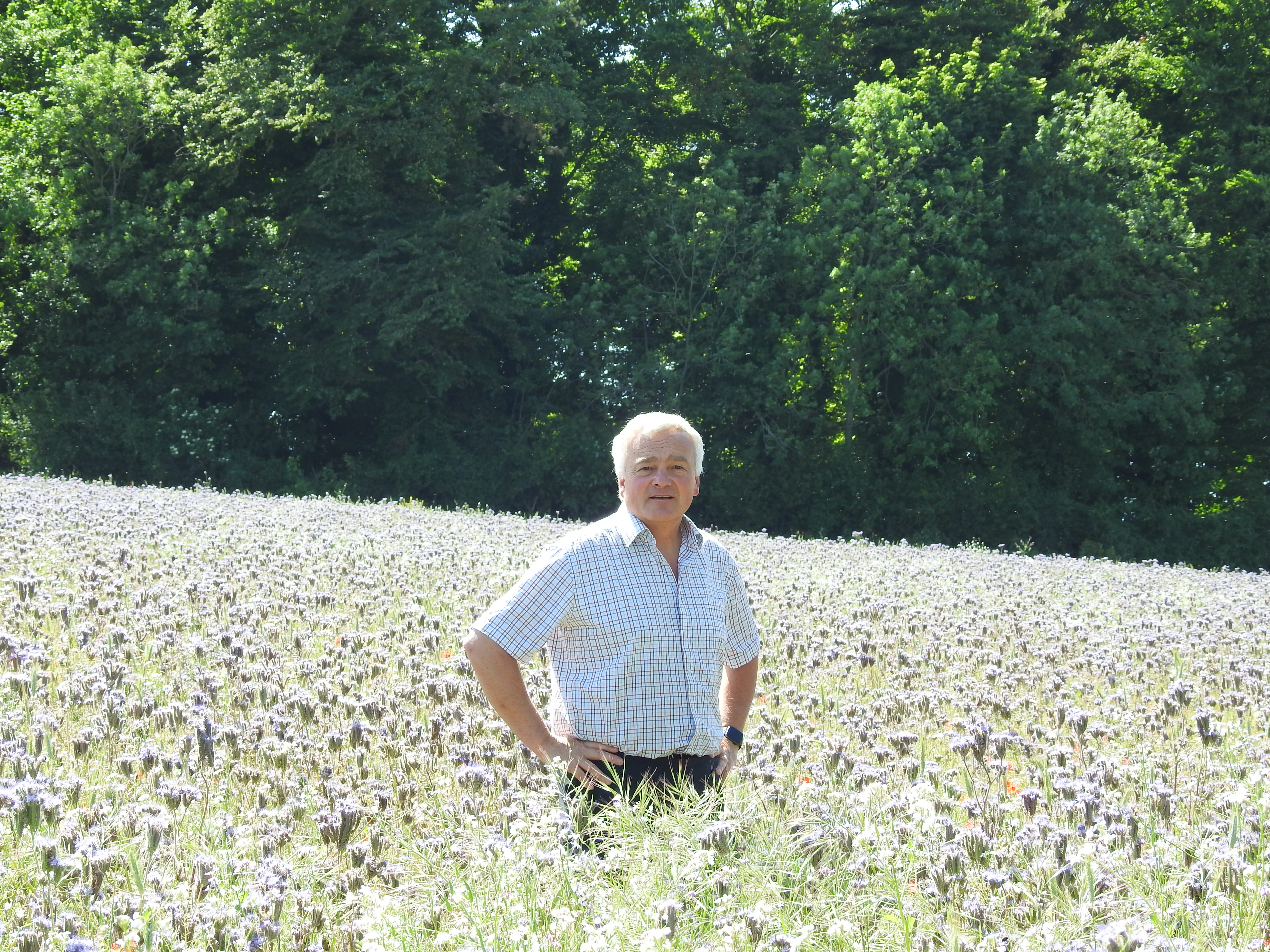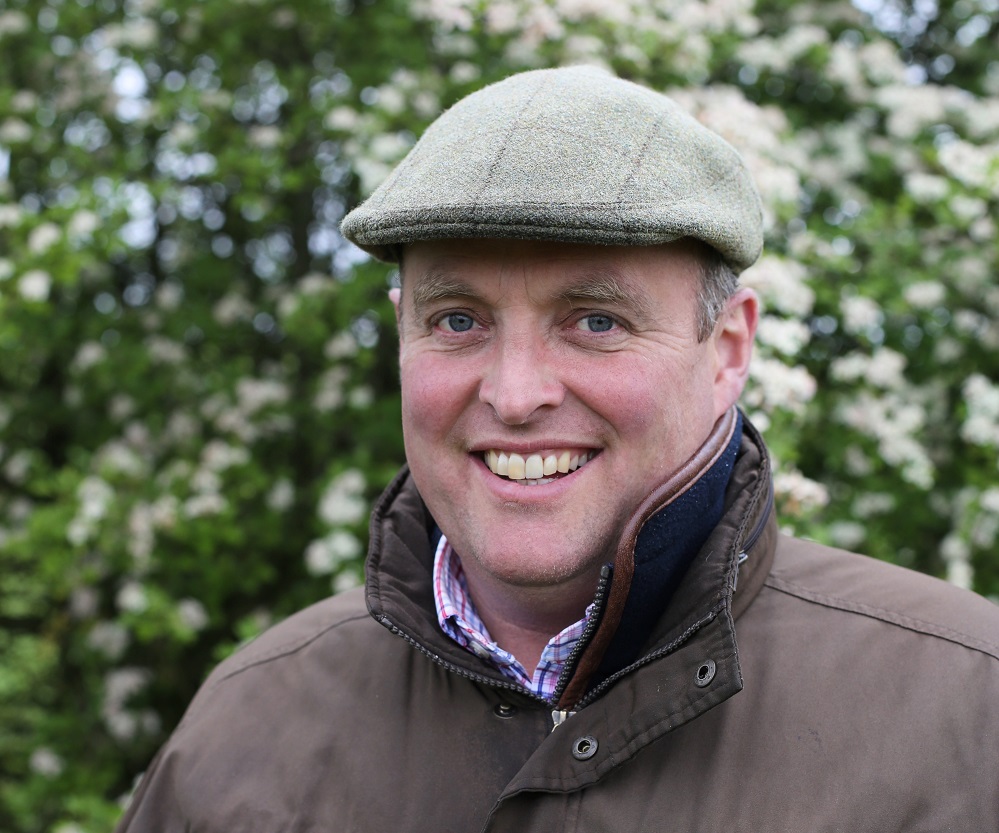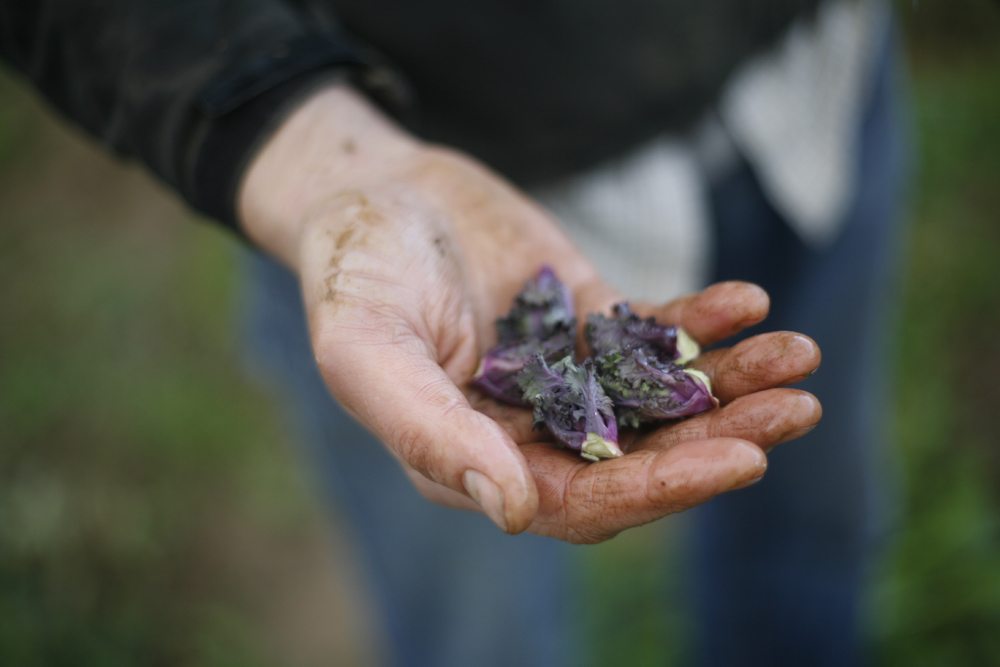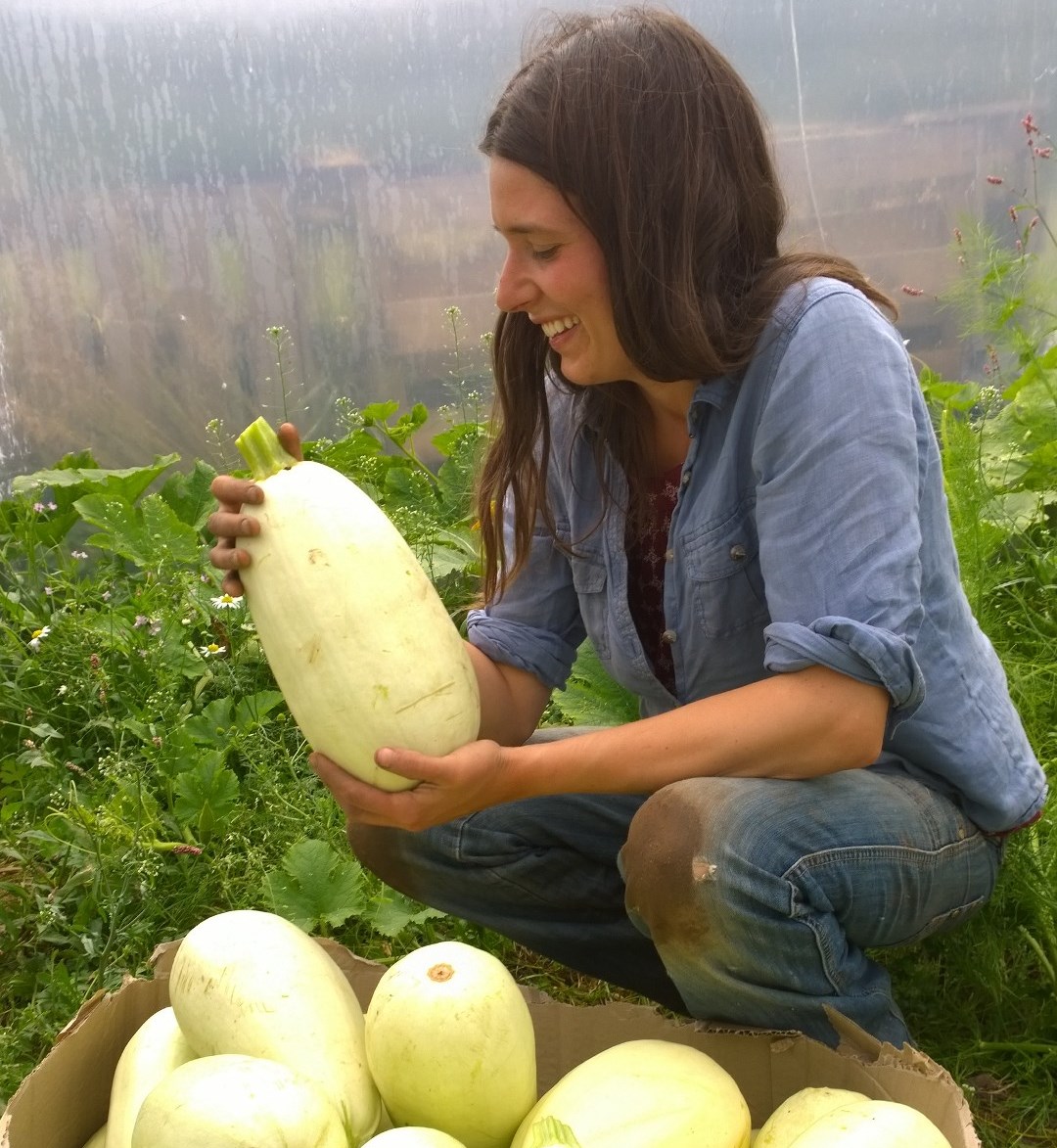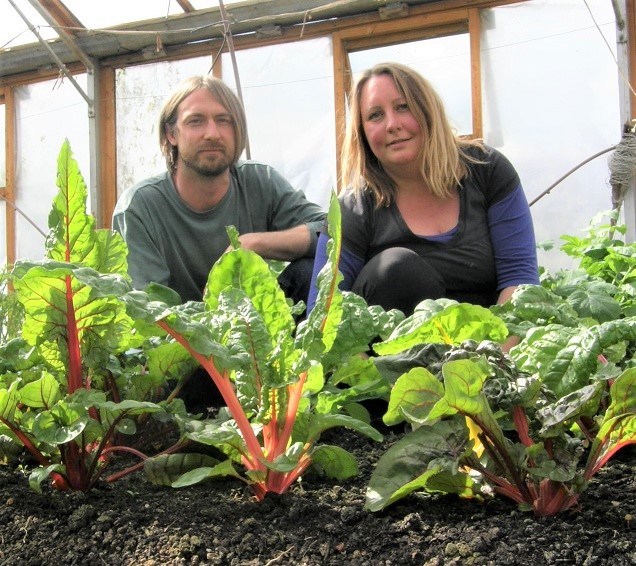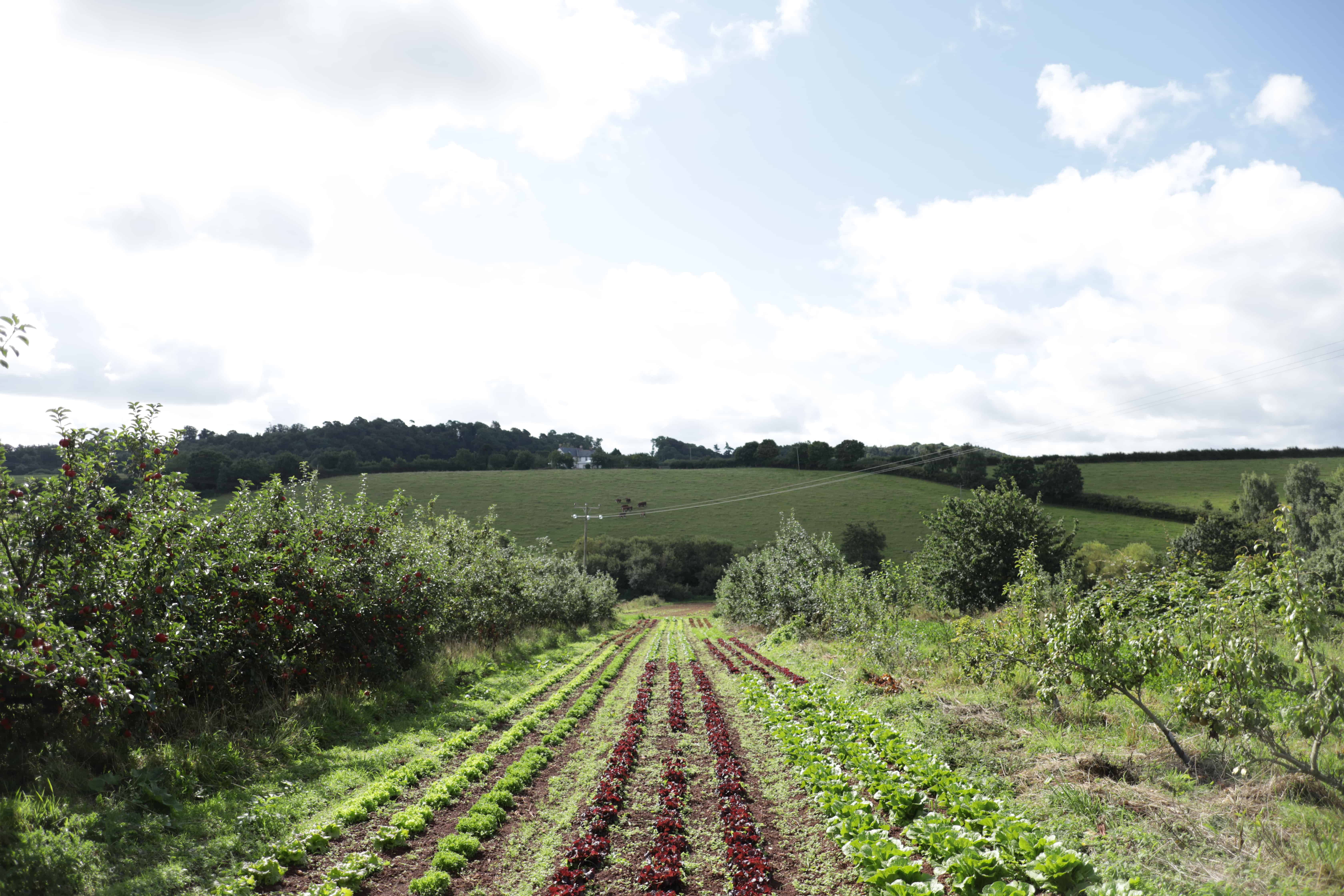
- Soil Association
- Certification
- Farming
- Meet our licensees

Meet our licensees
Working in partnership with organic farmers & growers
Find out more about some of the incredible and diverse farmers and growers we work with. In this collection of interviews, we discuss different routes to market, the process of converting to organic, and the various opportunities for grants & government funding.
50-500 hectare farms:
-
![]()
Treberfedd Farm - 60 ha. organic livestock farm with 20 ha. of woodland
Read more
-
![]()
The Oxney Estate, 212 ha. vineyard
Read more
-
![]()
Henry Rossiter, Belmont Estate - 100 ha. mixed livestock farm
Read more
-
![]()
James Robinson, Strickley Farm - 127 ha. Dairy Farm
Read more
-
![]()
Mike Mallett, Maple Farm - 137-hectares
Read more
500 hectares +
Smallholdings & Market Gardeners:
-
Thinking about getting certified?
There are a number of reasons why going organic makes good sense. From a growing organic market, to opportunities to apply for payments and subsidies which are available for organic farmers, now more than ever is the time to go organic.
Find out more
In this section...

